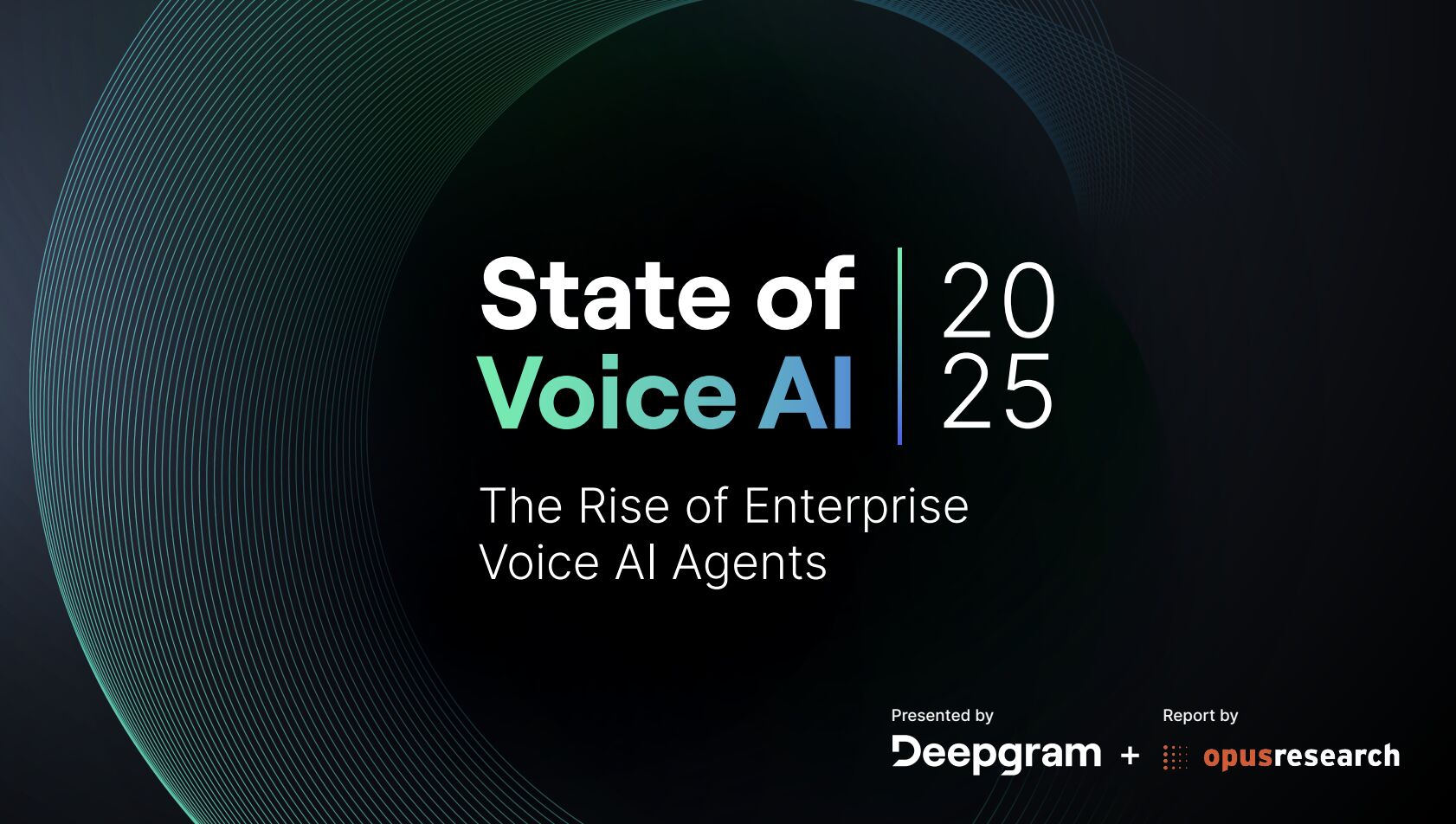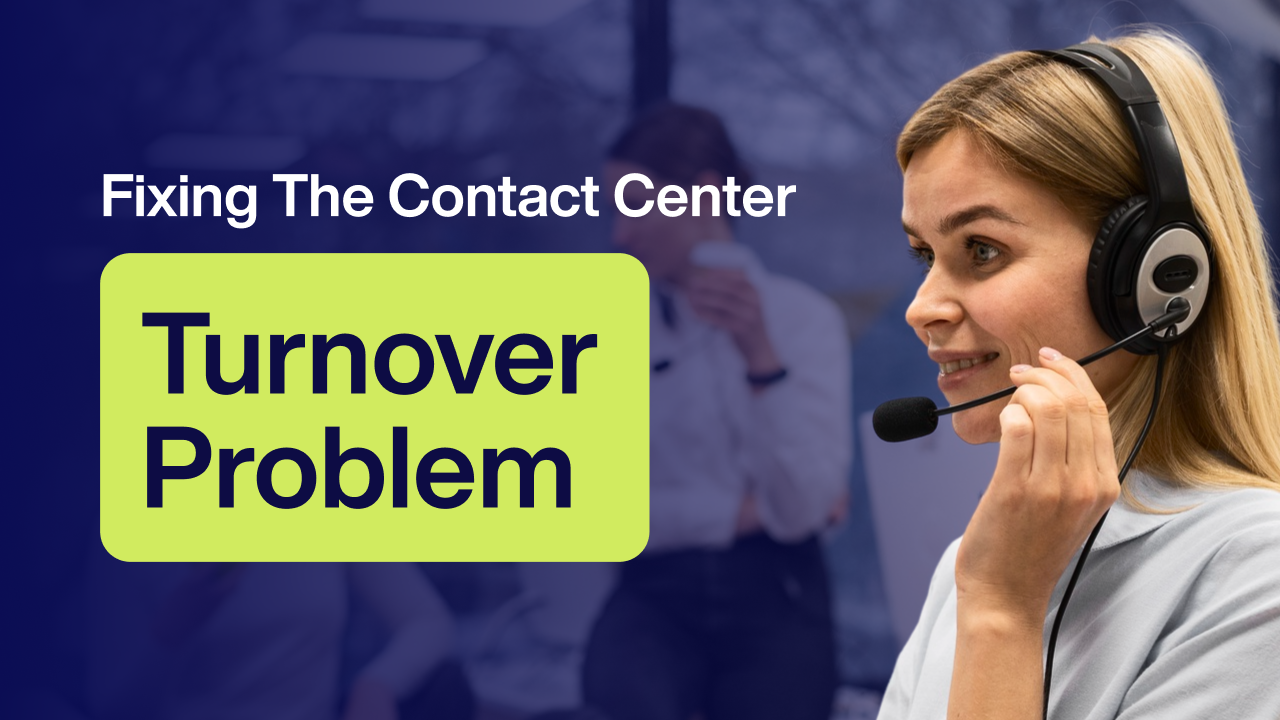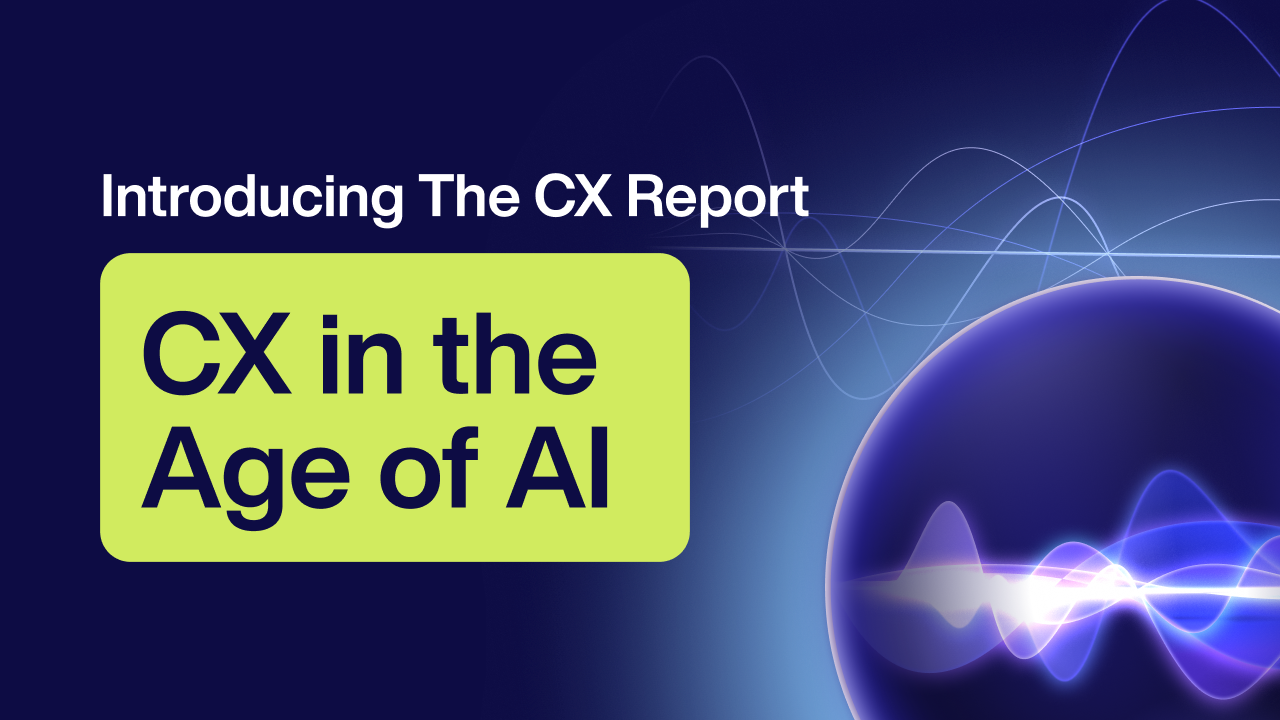Leveraging AI for Grant Accounting Compliance: A Strategic Response to Flat Medicaid Funding

Introduction: Navigating Financial Constraints with Innovative Solutions
Federally Qualified Health Centers (FQHCs) are at a critical juncture. With Medicaid funding remaining stagnant and operational costs escalating, these centers face the challenge of maintaining financial viability while continuing to serve vulnerable populations. Diversifying funding streams through private and foundation grants presents a promising avenue. However, securing and managing these grants necessitates robust accounting capabilities that comply with all relevant laws and regulations.
Artificial Intelligence (AI) offers transformative potential in this context. By automating complex accounting tasks, ensuring compliance with grant requirements, and providing real-time insights, AI can empower FQHCs to efficiently manage diversified funding sources. This article explores how AI-driven solutions can enhance grant accounting capabilities, ensuring compliance and financial sustainability.
1: Automating Grant Compliance with AI
Process: Streamlining Compliance Procedures
Managing multiple grants requires meticulous adherence to various compliance requirements, including project-based accounting, cost allocation, and detailed financial reporting. AI-powered platforms can automate these processes, reducing manual workload and minimizing errors. For instance, AI can:
- Project-Based Accounting: Automate tracking of expenses and revenues for individual grants, ensuring accurate allocation and reporting.
- Cost Allocation: Utilize machine learning algorithms to allocate indirect costs appropriately, adhering to guidelines such as 2 CFR 200.404-5 and 200.412-14.
- Time and Effort Reporting: Streamline personnel cost tracking in compliance with 2 CFR 200.430-431.
Product: AI-Enabled Accounting Systems
Platforms like Lucid Financials leverage AI to provide real-time financial insights, compare funding scenarios, and generate detailed plans that align with industry standards. These tools help organizations stay compliant while focusing on growth and innovation.
People: Empowering Staff Through Training
Implementing AI solutions requires staff to adapt to new technologies. Providing training on AI tools ensures that personnel can effectively utilize these systems, enhancing overall efficiency and compliance.
2: Enhancing Financial Reporting and Transparency
Process: Real-Time Financial Monitoring
AI facilitates continuous monitoring of financial transactions, enabling early detection of discrepancies and ensuring timely corrective actions. This proactive approach enhances transparency and accountability in grant management.
Product: AI-Driven Reporting Tools
AI-powered reporting tools can generate comprehensive financial reports that comply with various grantor requirements. These tools can:
- Automate Report Generation: Produce accurate financial statements with minimal manual intervention.
- Ensure Regulatory Compliance: Align reports with standards such as US Generally Accepted Accounting Principles (GAAP) and the Uniform Guidance.
People: Strengthening Oversight and Decision-Making
By providing real-time data and predictive analytics, AI empowers management to make informed decisions, allocate resources effectively, and maintain compliance with grant requirements.
3: Real-World Applications and Outcomes
Case Study 1: Oak Orchard Health's AI Integration
Oak Orchard Health, serving over 30,000 patients in western New York, adopted a suite of AI tools from eClinicalWorks, including Sunoh.ai, to enhance clinical documentation and patient engagement. The integration led to real-time note completion, reduced provider burnout, and improved front desk efficiency. These advancements contributed to better patient experiences and positioned the center to attract a broader payer mix.
Case Study 2: Urban Health Plan's No-Show Reduction
Urban Health Plan in New York City implemented AI solutions to address high patient no-show rates. Within three months, the center experienced a significant reduction in missed appointments, enhancing operational efficiency and revenue. This improvement made the center more appealing to commercially insured patients seeking reliable care access.
Case Study 3: Community Health Center, Inc. (Connecticut)
CHC Inc. used Salesforce Nonprofit Cloud to personalize donor journeys for thousands of small donors. With AI tools recommending next steps and surfacing “hidden gems” among one-time donors, they increased recurring giving by 22% in a single year. Their holiday campaign used AI to test subject lines and story formats—resulting in the highest open and conversion rates in their history.
Conclusion: Embracing AI for Sustainable Grant Management
In an era of constrained resources and evolving healthcare needs, leveraging AI for grant accounting is not just advantageous—it is essential. By harnessing the power of AI to automate compliance tasks, enhance financial reporting, and provide real-time insights, FQHCs can efficiently manage diversified funding sources, ensuring financial sustainability and continued service to vulnerable populations.
Healthcare leaders are encouraged to invest in AI-driven accounting tools to proactively manage grant compliance and financial reporting. By doing so, they can ensure that their organizations are well-equipped to meet the evolving needs of their communities and thrive in a challenging healthcare landscape.
No Spam —
Just Good Stuff.
Join our newsletter for actionable advice, insider knowledge, and strategies that drive real results.
No fluff, just value.
%20(1).png)

.png)


























































































.png)
.png)
.png)



.png)
.png)
.png)
.png)